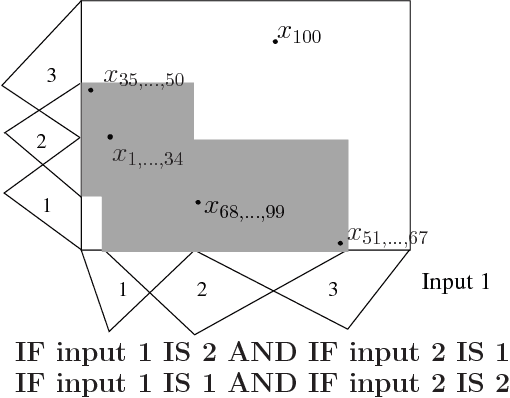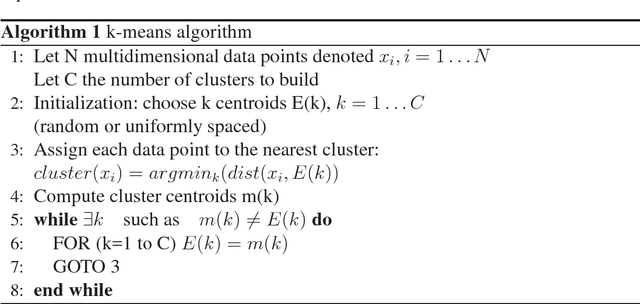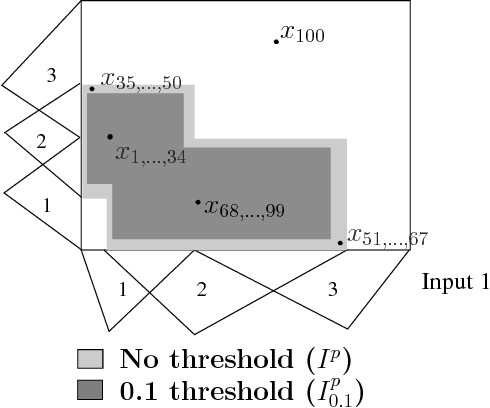Brigitte Charnomordic
MISTEA
A modeling approach to design a software sensor and analyze agronomical features - Application to sap flow and grape quality relationship
Sep 20, 2013



Abstract:This work proposes a framework using temporal data and domain knowledge in order to analyze complex agronomical features. The expertise is first formalized in an ontology, under the form of concepts and relationships between them, and then used in conjunction with raw data and mathematical models to design a software sensor. Next the software sensor outputs are put in relation to product quality, assessed by quantitative measurements. This requires the use of advanced data analysis methods, such as functional regression. The methodology is applied to a case study involving an experimental design in French vineyards. The temporal data consist of sap flow measurements, and the goal is to explain fruit quality (sugar concentration and weight), using vine's water courses through the various vine phenological stages. The results are discussed, as well as the method genericity and robustness.
Building an interpretable fuzzy rule base from data using Orthogonal Least Squares Application to a depollution problem
Aug 21, 2008



Abstract:In many fields where human understanding plays a crucial role, such as bioprocesses, the capacity of extracting knowledge from data is of critical importance. Within this framework, fuzzy learning methods, if properly used, can greatly help human experts. Amongst these methods, the aim of orthogonal transformations, which have been proven to be mathematically robust, is to build rules from a set of training data and to select the most important ones by linear regression or rank revealing techniques. The OLS algorithm is a good representative of those methods. However, it was originally designed so that it only cared about numerical performance. Thus, we propose some modifications of the original method to take interpretability into account. After recalling the original algorithm, this paper presents the changes made to the original method, then discusses some results obtained from benchmark problems. Finally, the algorithm is applied to a real-world fault detection depollution problem.
* pre-print of final version published in Fuzzy Sets and Systems
 Add to Chrome
Add to Chrome Add to Firefox
Add to Firefox Add to Edge
Add to Edge